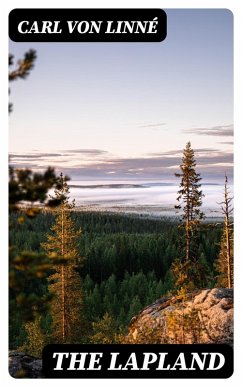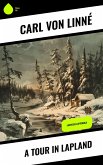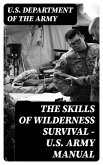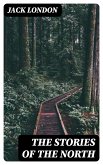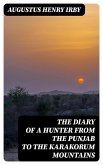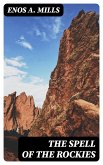In "The Lapland," Carl von Linné presents a meticulous exploration of the natural history and cultural fabric of this northern region, showcasing his pioneering approach to taxonomy and observation. Written in a blend of scientific rigor and lyrical prose, the book captures both the physical landscape and the indigenous life forms. Linné's detailed descriptions serve not only as an early scientific account but also reflect the Enlightenment's broader aspirations to categorize and understand the natural world, positioning the work in a rich literary context that melds literature, science, and exploration. Carl von Linné, often regarded as the father of modern taxonomy, sought to systematize knowledge through classification, which is evident in his keen observations of flora and fauna in Lapland. His experiences as a botanist, coupled with his travels through Scandinavia, deeply influenced his writing, allowing him to weave personally observed details into a greater narrative of scientific inquiry. Linné's passion for nature and education inspired him to bridge the gap between science and poetic expression, paving the way for future natural historians and botanists. "The Lapland" is a must-read for anyone interested in natural history, botany, or the early scientific methods of the Enlightenment. By immersing oneself in Linné's text, readers gain not only an understanding of the diverse ecosystems he cataloged but also an appreciation for the interplay between artful writing and scientific exploration. This book invites a deeper contemplation of nature, encouraging a lasting appreciation for the world around us.
Dieser Download kann aus rechtlichen Gründen nur mit Rechnungsadresse in A, B, BG, CY, CZ, D, DK, EW, E, FIN, F, GR, H, IRL, I, LT, L, LR, M, NL, PL, P, R, S, SLO, SK ausgeliefert werden.

